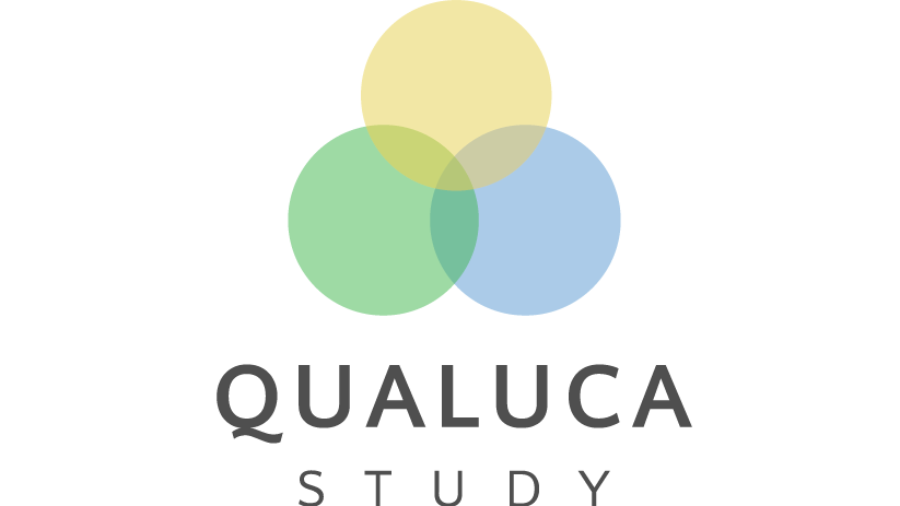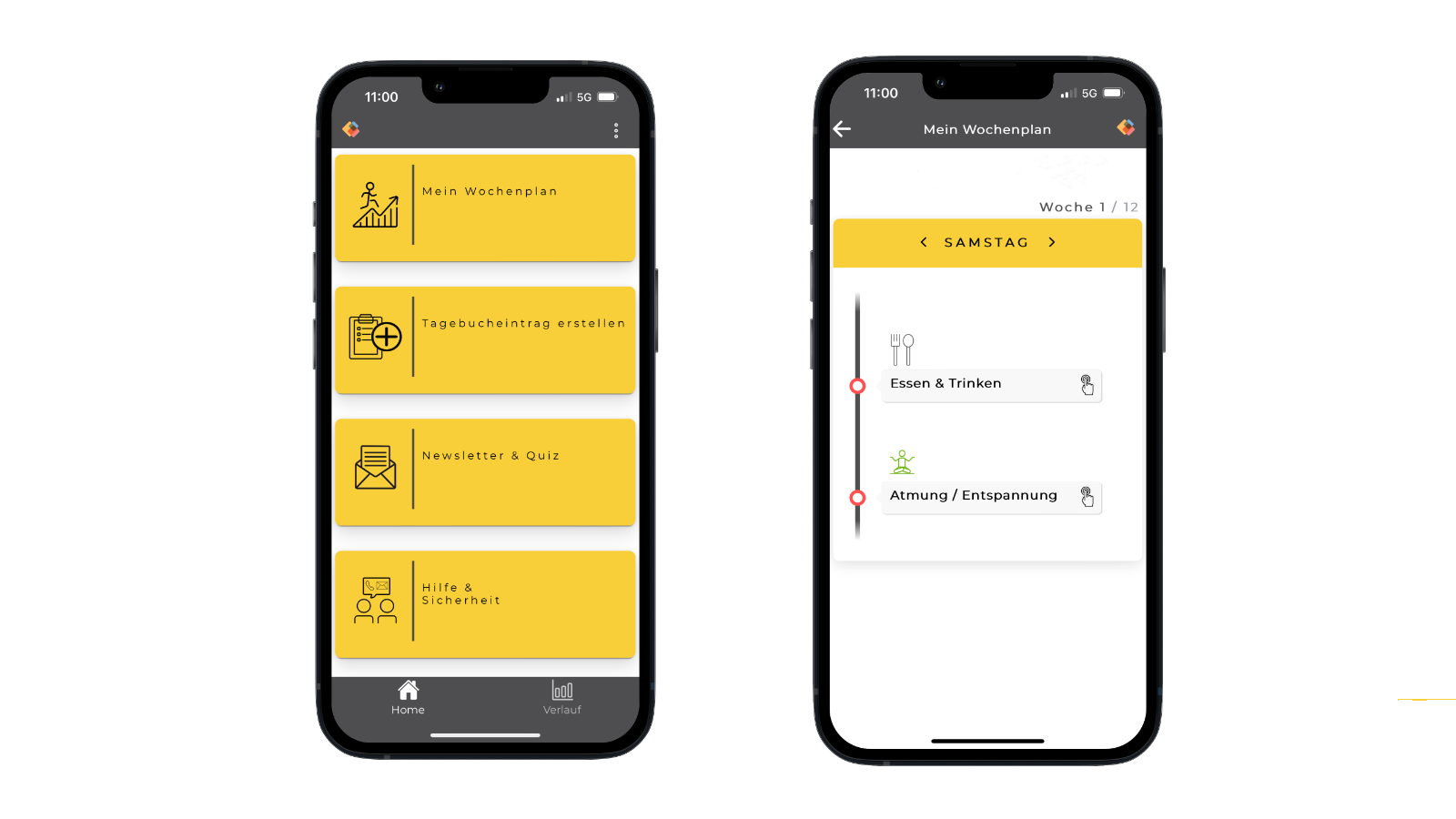-
-
This project aims to develop and evaluate a digital lifestyle intervention to improve the quality of life targeting individuals with lung cancer in rehabilitation aftercare. Lung cancer is the third most common type of cancer diagnosed in Switzerland. Due to symptoms, cancer treatments, and comorbidities, affected individuals suffer from reduced physical and psychological functioning. This can, in turn, massively restrict their health-related quality of life. Physical activity, a balanced diet, as well as breathing and relaxation exercises can positively influence the quality of life of those affected. However, after discharge from the rehabilitation clinic, there is often a lack of support for integrating a healthy lifestyle into everyday life at home. Digitalization opens new possibilities that can encourage cancer patients to take responsibility for their health and lifestyle. However, digital solutions largely lack a target group-specific design as well as the combination of multiple health-promoting components (potential synergistic effects). Within this project, a mobile application for people with lung cancer following inpatient rehabilitation was developed. The focus of the platform is on physical activity, nutrition, and breathing/relaxation. The development of the platform was guided by a participatory development approach (co-creation). To investigate the effectiveness of the mobile application and explanatory outcomes, a randomized controlled trial (RCT) is conducted. Individuals with lung cancer from various rehabilitation centers in Switzerland are randomly assigned to either the intervention group or the control group. The intervention group participants have access to the mobile application and use it for 12 weeks. The control group participants receive standard care only. The primary outcome is health-related quality of life. Secondary outcomes include physical activity, appetite, risk for low protein intake, body mass index, psychological distress, cancer-related fatigue, and enablement. Explanatory outcomes in the intervention group include usability, acceptability, appropriateness, and feasibility of the intervention, experiences and satisfaction with the intervention, and app usage data.
For more information please visit our project website: here
Find our app in the appstore: apps.apple.com

